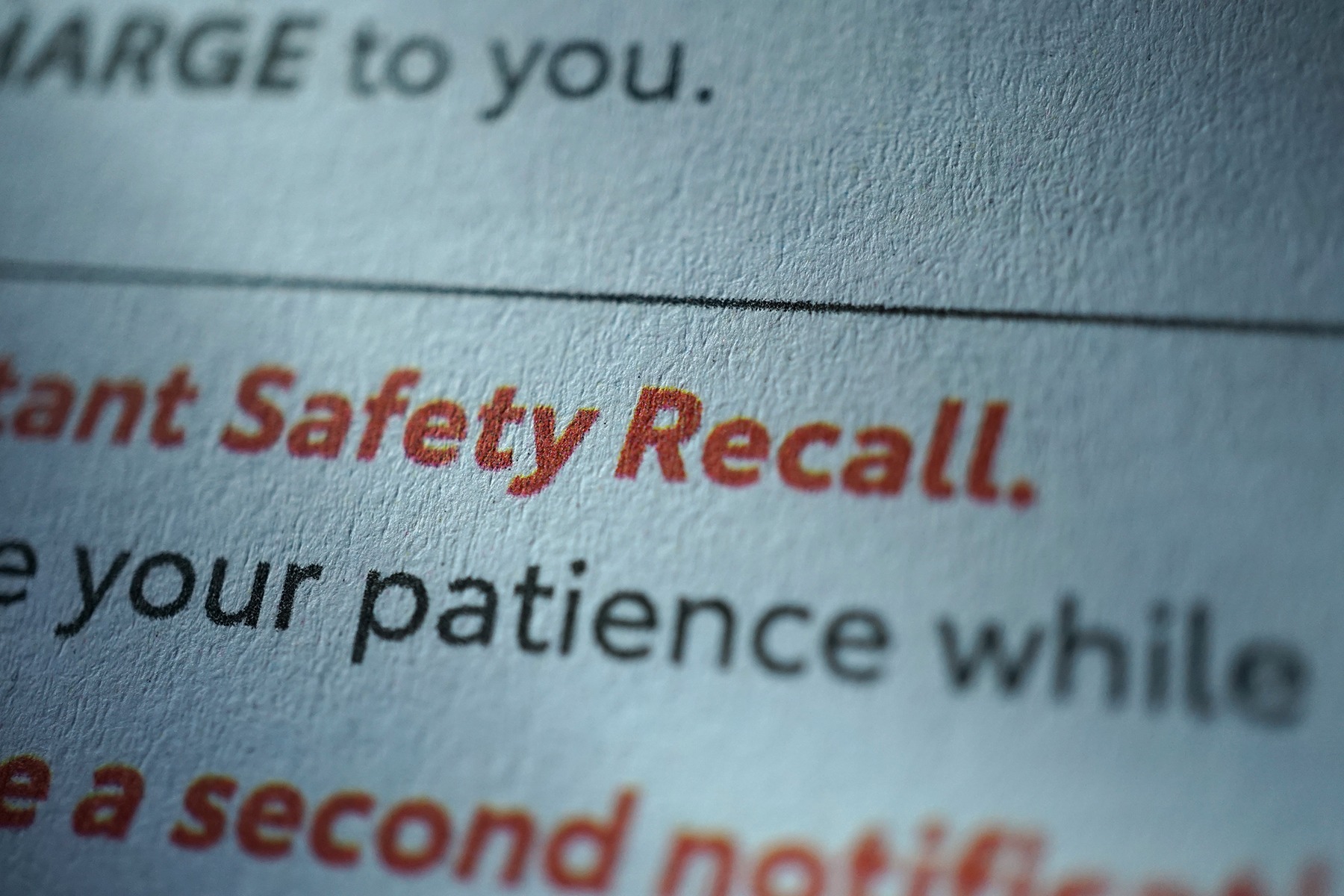Customer expectations of product quality have evolved and grown in recent years. As a result, there is increased pressure on companies to understand both the nuances of quality itself and why quality matters.
In fact, tapping into – and by association, improving – customer experience has become a holy grail for brands, many of whom have seen the benefits that come from both predicting the needs of the customer and personalizing the experience itself. On the flip side, the feedback that companies get from customer experience doesn’t give the full picture, is naturally subjective, and may not provide actionable insights into actual quality pain points.
Taking the above into account, ETQ’s chief marketing officer Nina McIntyre presents the case for why product quality is the cornerstone for not only evaluating brand performance but also retaining consumer trust. Originally published on Inc., this content has been lightly edited for clarity and narrative flow.
Consumers evaluate quality every minute. While they might not realize that they are constantly engaged in a product evaluation process, when their coffee doesn’t taste right or an expensive piece of technology fails to work properly, consumers inevitably notice. And, in most cases, those poor-quality experiences influence their perception of the brand and their likelihood of recommending or buying from that brand again.
According to a recent study by consulting firm Walker, providing a flawless customer experience will overcome product and price as the key brand differentiator in 2019. Additionally, the Qualtrics XM Institute found that companies with revenues over $1 billion annually can expect to earn, on average, an additional $775 million within three years of investing in customer experience. There are many factors that impact customer experience, but one of the most important components is quality.
A Yotpo study found that 55.3 percent of consumers are brand loyal because they love the product. That same study also found that poor product quality is the number one reason why a brand would lose a loyal customer (51.3 percent). Product recalls, in particular, are likely to have a significant negative impact on a company’s reputation.
Just understanding that product quality directly influences brand performance, sales and customer loyalty is not enough. To compete in today’s fast-paced markets, every company — no matter their size — must make quality a priority.
Here’s how brands can establish proactive and reactive quality strategies that will optimize customer experience, sales and business performance.
Proactive Approach
Many brands recognize the value of promoting quality to achieve consumer trust, and some high-profile companies have gone so far as to incorporate quality into their taglines and slogans — using it as both a differentiator and the spine of their marketing campaigns.
For example: Subway’s “Fresh veggies. Quality Food. Smarter Nutrition.“; Mitsubishi’s “Quality. Technology. Environment. Safety.“; In-and-Out’s “Quality you can taste.“; and Levi’s “Quality never goes out of style.” Taglines like these help customers understand not only what the brand stands for, but also where quality fits into their corporate strategy.
However, quality does not discriminate based on company size.
A large enterprise may have more resources dedicated to quality, but that doesn’t make it less important for small and mid-sized businesses. In some cases, it’s even more critical for smaller organizations and startups to be hyper-focused on quality as it could literally be the difference between success and failure.
Many small businesses can’t afford to deliver poor quality; if a small company ships 15,000 products and more than 10,000 get returned because of a quality issue, then the viability of the company itself is called into question. Bad customer experiences or negative reviews that can be traced back to quality are likely to cause a smaller company to struggle from day one.
For instance, online eyeglasses retailer Warby Parker invested heavily in a quality ecommerce experience in the early days of the company to build the foundation for the ultimate success of the brand. Canada Goose is another example of how creating a proactive culture of quality — both internally and externally — can turn a niche brand into a global one. For more than 50 years, the company’s clothing was more likely to be worn in desolate corners of the Arctic as opposed to on the high street. However, in the last five years, Canada Goose-branded jackets have become a regular sight in cities across the world. Canada Goose has focused on making its clothes represent a commitment to quality — a mission statement that extends throughout its supply chain and has made its product more desirable to a wider audience.
Promoting quality as a cornerstone means that brands have to be certain that their processes mirror the public-facing message. To do so, companies should consider:
- Implementing solutions that can support quality management: Quality management processes require significant attention to detail and data management. Every single stage of the product lifecycle– from design and manufacturing, to distribution and delivery– must be monitored for quality so that if deviations arise, root causes can be identified and corrective actions can be taken. To support this, companies need a quality management process to manage workflows and documentation.
- Creating a culture of quality: The importance of quality in driving customer experience should be articulated across the organization, and from the top down. Every employee should understand the role they play in ensuring quality and the value of keeping that quality intact.
- Listening to customer feedback: Monitoring customer feedback and social media channels, and taking corrective actions when issues arise, is essential to continuous improvement.
By taking a proactive approach, companies can ensure their ability to promote superior products to their target audiences and, perhaps even more importantly, prevent brand erosion from poor quality.
Reactive Approach
Unfortunately, even with proactive quality initiatives in place, quality issues can still happen. In some cases, that might mean fielding a one-off customer complaint. In other cases, it could mean issuing a product recall, or– worse– finding out a product jeopardized consumer safety.
In the event that a negative quality experience occurs, it’s critical that companies have a response strategy in place that centers on communicating the issues and next steps to customers. While that communication strategy will vary based on the severity of the issue at hand, brands should both act swiftly and be open and honest with their customers and prospects if they want their reputation to remain intact.
For example, when Farouk Systems had to recall an innovative CHI Volcanic Lava Ceramic hairdryer, the company handled the situation with transparency and efficiency by immediately addressing the problem, identifying a return policy and compensation plan for impacted customers and ultimately publicizing their forward-looking plans for an improved quality management process.
Quality is one of the top — if not the most important — driving forces behind consumer trust. There are brands that are synonymous with quality because they know how to ensure quality throughout the product lifecycle and, as a result, can confidently promote that to their audiences.
On the other hand, there are also brands with tarnished reputations due to poor quality or mishandled product recalls. Some of those brands may never regain consumer trust or even market share.
To avoid brand backlash, companies must make quality a priority and build a quality management foundation that drives a culture that supports continuous improvement. By creating strategic proactive and reactive approaches, every company can more effectively maintain their brand image, drive consumer trust and, ultimately, improve business performance.
ETQ is the leading provider of quality, EHS and compliance management software. Trusted by some of the world’s strongest companies, we are relentlessly focused on developing QMS software tools with built-in best practices and powerful flexibility to drive process excellence through quality.
To find out more about how ETQ can move you along your quality journey, contact us to request a demo of our SaaS solution.


